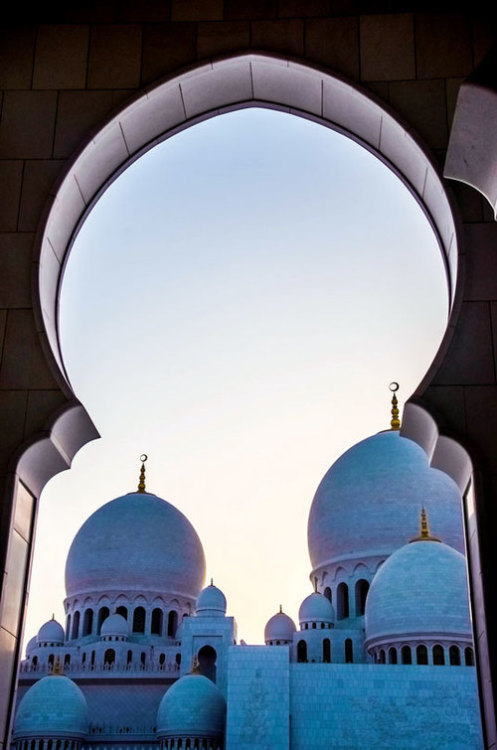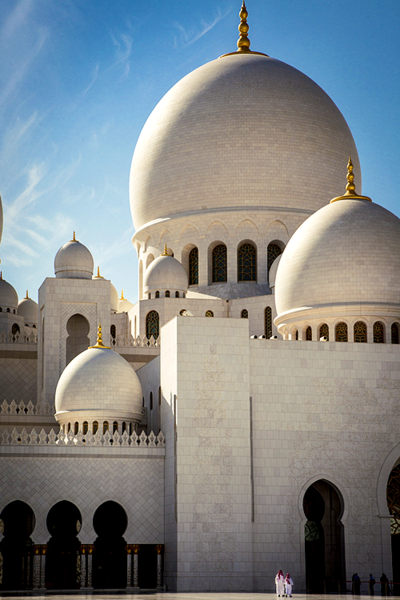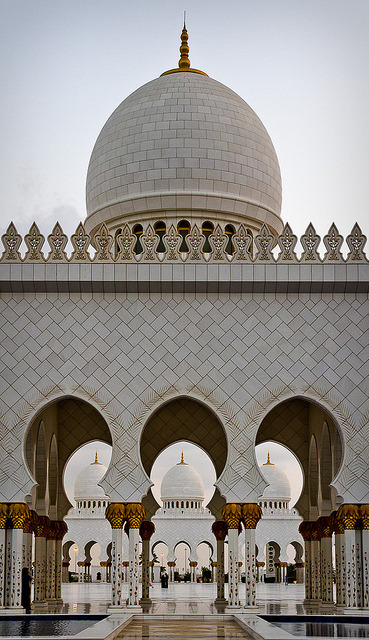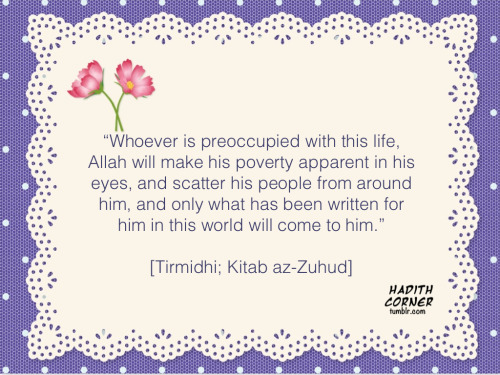Drinking water in three separate breaths
Muslim narrated that Anas said that the Messenger of Allah (peace and blessings be upon him) used to sip the water in three separate breaths and would say:
‘’This method quenches the thirst better and is more palatable and sanitary.’’
This Hadith indicates that the Prophet used to remove the cup away from his mouth, take a breath and then drink some more. In another Hadith, the Prophet commanded that one should not breathe in the cup, but should move the cup away from his mouth and breath away from it.
This method of drinking is very beneficial for quenching the thirst and more sanitary as the Prophet has stated. When the water enters the hot thirsty stomach in intervals, the second sip of water will quench the thirst left by the first, and the third will quench the thirst left by the first two.
In addition, this method is better suited for the temperate of the stomach, so as not to suddenly invade it with cold substances.
In addition, when one drinks the water in one breath, it will only partially quench the thirst unlike when he drinks it in separate sips.
This method gives better results than drinking the water or liquid in one breath, since water might dissipate the instinctive heat or weaken it, thus spoiling the temperament of the stomach and the liver. Water might in addition beget many other ailments, especially for those who live in warm areas, and especially during summer.
Drinking in one breath is dangerous for such people because their instinctive heat is weak especially during hot weather.
In addition, when one takes the drink in one breath, he might choke on it because of the large amount of liquid. However, there is no fear from choking when one takes a breath while drinking.
Further, when one takes a drink, the hot gases accumulating in his body will ascend from around the liver and the heart because of the cold water or liquid that is descending on the stomach. In this case, the water will come rushing down while the gases are ascending, causing flatulence and sometimes choking the person. One will not enjoy the drink in this case.
In addition, when cold water descends suddenly on the liver it will weaken it and cause a decrease in its temperature. However, when one takes the drink in separate sips, the liver will not lose its warmth and thus will not weaken. Similarly, when one pours water on a boiling pot, it will not decrease its temperature significantly.

At-Tirmidhi narrated that the Prophet said:
”Do not drink in one breath just as the camel does. Rather, drink twice and thrice, and mention (Allah’s) Name before drinking and thank (Him) upon finishing.”
Mentioning Allah’s Name before drinking and thanking Him upon finishing has a significant effect in benefiting from the drink, enjoying it while fending off its harm.
Imam Ahmad said: ”When the food had four qualities, it will have become perfect: when Allah’s Name is mentioned before having it, when Allah is thanked after finishing it, when there are many hands to eat from it, and when it is from legal, pure sources.”








